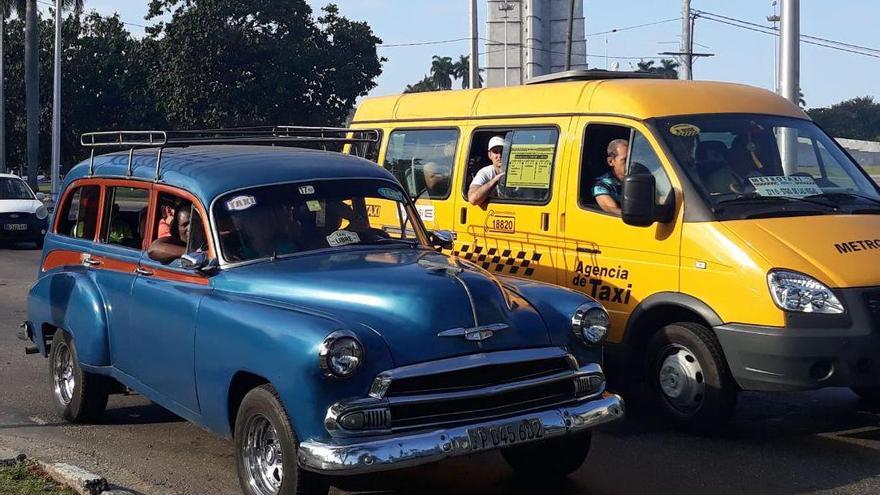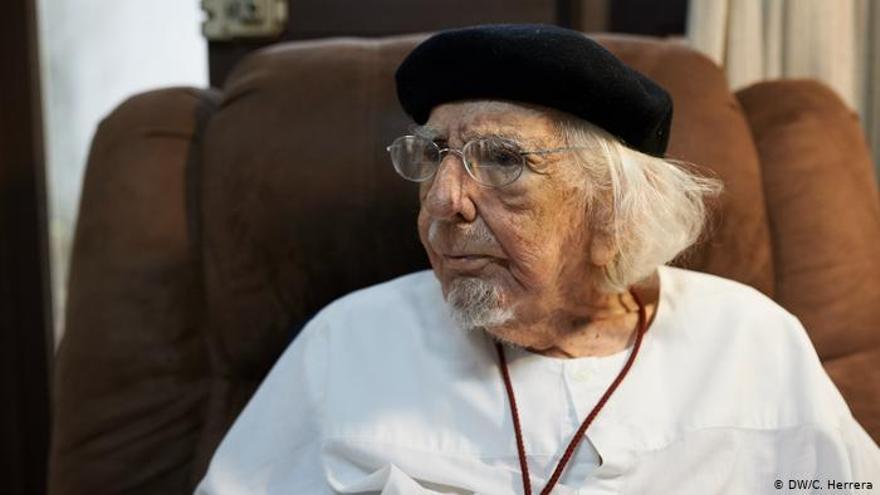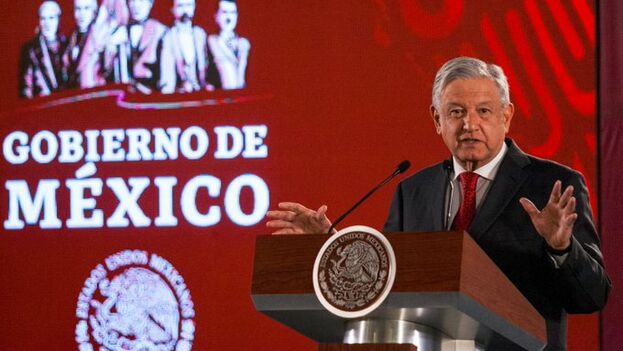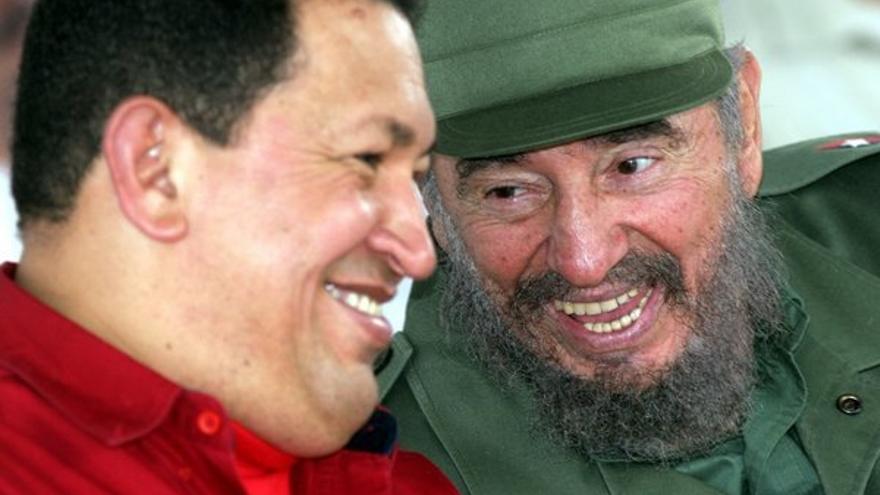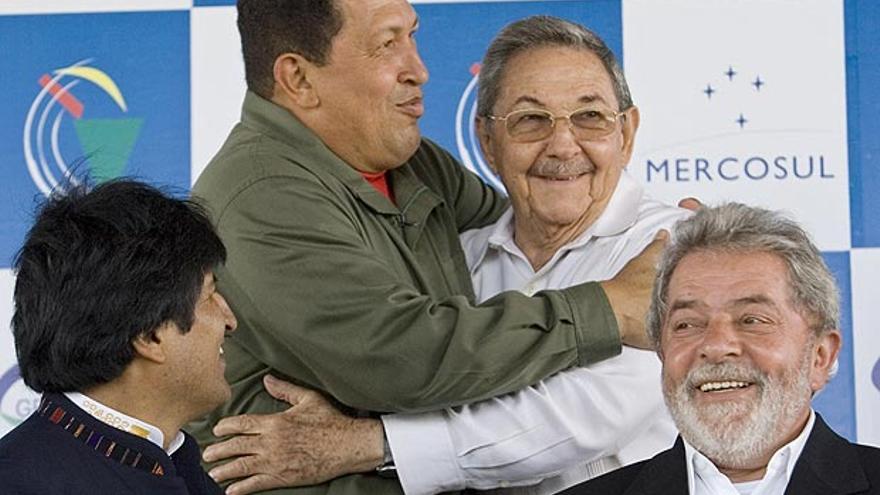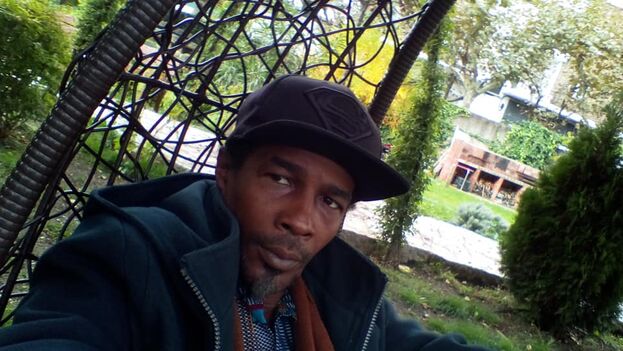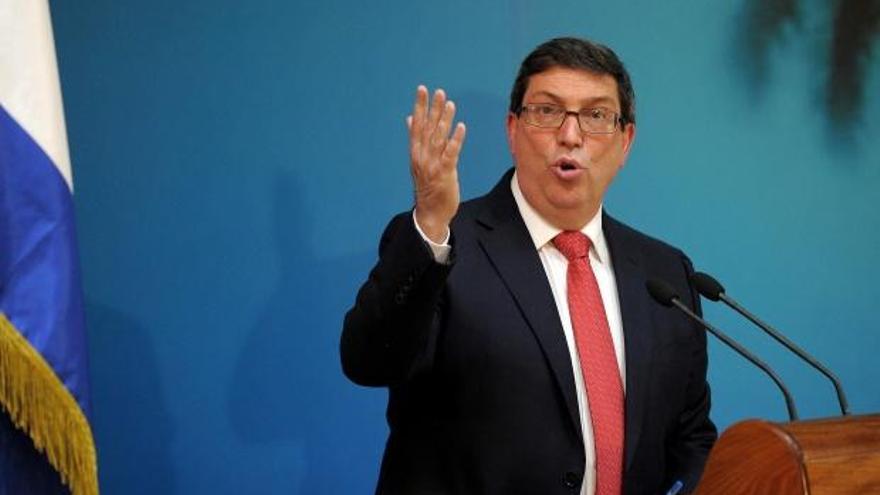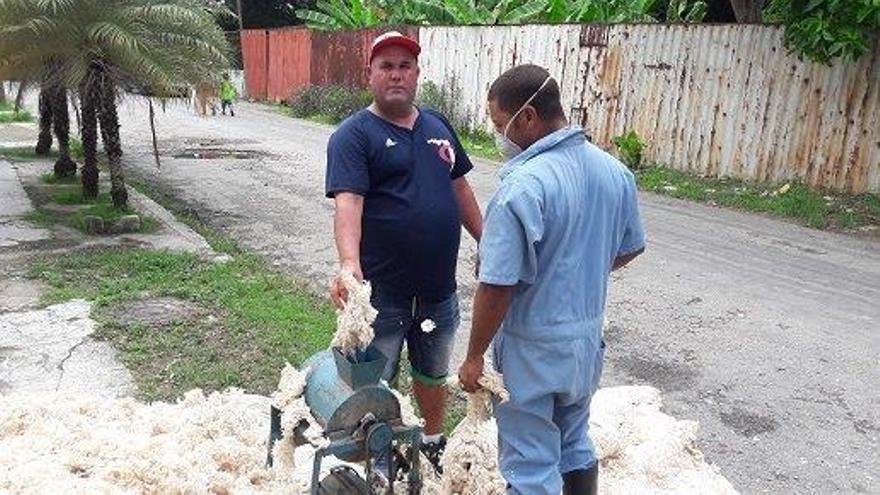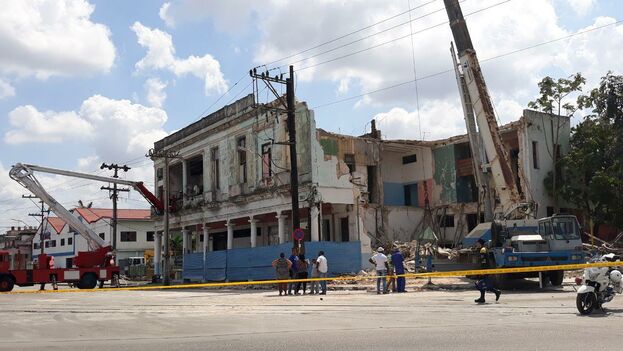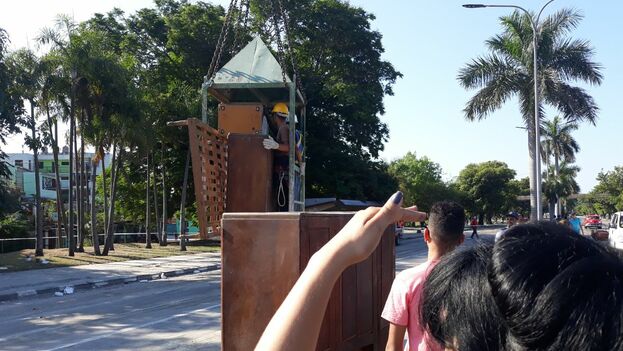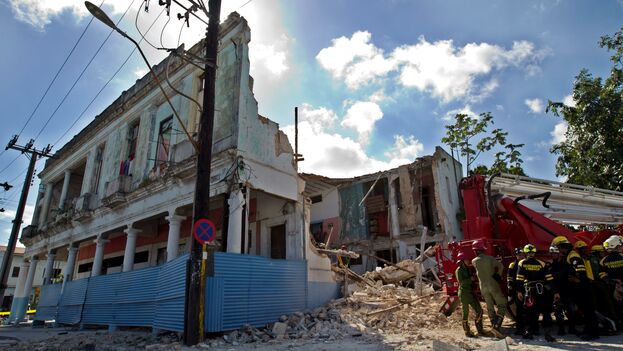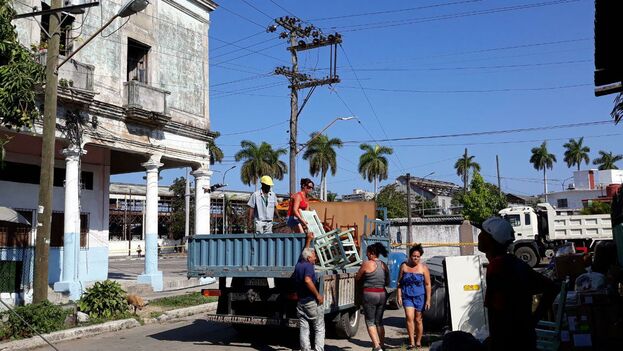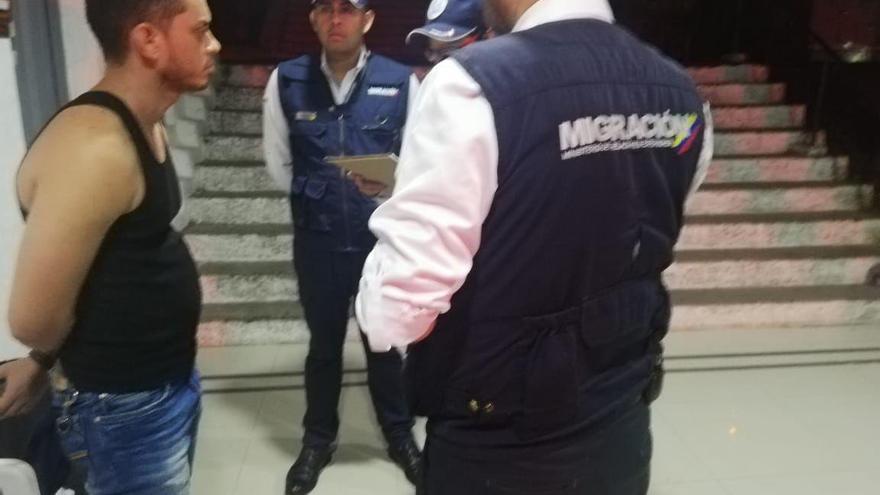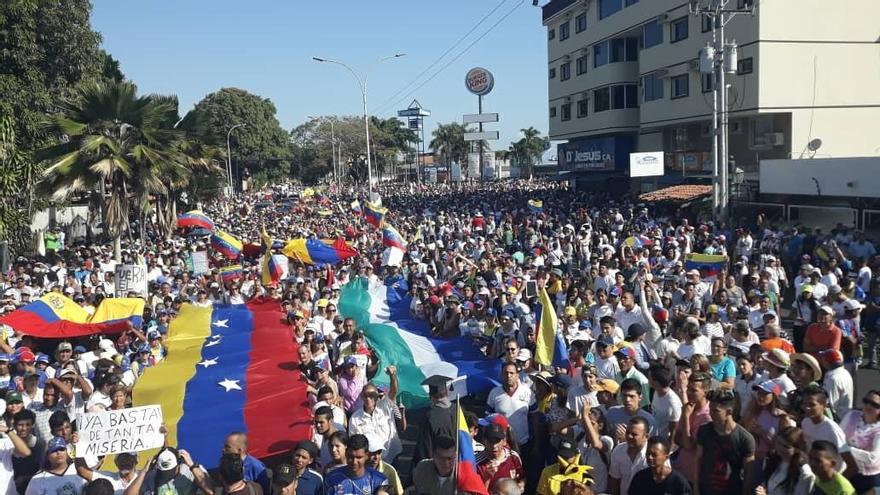Hugo Chávez in Venezuela, Lula da Silva in Brazil, Cristina Kirchner in Argentina, Rafael Correa in Ecuador, Michelle Bachelet in Chile, Daniel Ortega in Nicaragua, Evo Morales in Bolivia, Alan García in Peru, Tabaré Vázquez in Uruguay, Mauricio Funes in El Salvador and Fidel Castro in Cuba were part of a broad and diverse political family that seemed unstoppable.
By that time, very few could have imagined that just a few years later this great family would be in ruins and even less that a true right-wing tsunami could become the most transcendent legacy of the leftist wave.
The fundamental explanation of the rise and fall of the Latin American left is relatively simple and can be summarized with the help of Bill Clinton’s famous saying: “It’s the economy, stupid.” The beginning of its meteoric rise was the triumph of Hugo Chávez in the Venezuelan presidential election of December 1998, and its context is given by the difficult times that Latin America experienced from the collapse, at the beginning of the 80s, of the model of “inward-directed development” that the region had followed since the 1930s. continue reading
The successes of the left were consolidated during the first decade of the new millennium with the help of the enormous abundance of resources generated by the export boom that began at the beginning of 2000 and ended during the first half of the decade of 2010. Then came the economic crisis, the scandals of corruption, the great electoral defeats and, in certain cases, like Venezuela, the dictatorial abyss and the humanitarian catastrophe, but also the emergence of leaders, such as Jair Bolsonaro in Brazil, with a political domicile located at the antipodes of 21st century socialism and other variants of Latin American leftism.
The background of the leftist surge must be sought in the 1980s and 1990s, when the region experienced the harsh consequences of the collapse of the type of economy that prevailed for half a century inspired by a development strategy based on import substitution, protectionism and extensive state intervention.
The failure of this strategy, theorized and disseminated in the post-war period by the Economic Commission for Latin America and the Caribbean (CEPAL by its initials in Spanish), became evident not only because of its inability to meet the demands of progress of the great majorities of the region, but also because of recurrent economic instability and ever greater dependence on traditional exports that increased the vulnerability of a development model that, paradoxically, had the great goal of reducing this dependence and the vulnerability it produced.
The debt crisis in the early 1980s resulted, first, in long economic recessions and then in painful attempts to restructure what were “greenhouse economies” dominated by patronage, privilege and connivance with politics. The consequences were dramatic: poverty increased from 134 to 225 million people between 1980 and 2002. In addition, that year recorded record levels of economic inequality: the regional average of the Gini coefficient reached 0.55 and the richest 10% of Latin Americans had income that was 14.4 times higher than the poorest 10 percent (data from CEPAL).
In Venezuela, to give just one example, per capita income fell by 28% towards the end of the 1980s compared to the level reached a decade earlier. In turn, poverty came to be estimated among more than half of the country’s population, something that is hard to imagine in the country that in the ’50s was not only the richest in Latin America, but one of the richest in the world.
The most visible and dramatic result was the so-called Caracazo, an unprecedented social outbreak that began on February 27, 1989 and lasted for a week throughout Venezuela, leaving hundreds or perhaps thousands dead in its wake, an impressive material devastation. No wonder Moisés Naím has said, referring to February 27 and its impact on the government of Carlos Andrés Pérez and the democracy that Venezuela had experienced since 1958: “That day Pérez fell and democracy fell.” And it can be added that, also that day, the winding road began that led first to the failed coup of then-Lieutenant-Colonel Hugo Chavez in February 1992 and then to his overwhelming electoral victory in December 1998.
From bullets to votes
The statistics and events just referred to give us the context in which the leftist wave emerges, particularly in its more populist and radical versions. The potential demand for leaders and movements that promised a rapid reduction of poverty and inequalities through redistributive policies was great.
In this sense, the charismatic leadership of Hugo Chávez came to give a face to a widespread desire to achieve better living conditions and more social justice without delay. The fact that the “eternal commander” could have practically unlimited resources, thanks to the nationalized oil already in 1976, to carry out his policies made him enormously popular, creating the illusion that it was enough the will of a messianic leader to liberate the poor of their painful condition, without putting the old elites in their place and challenging the power of the United States.
In this way, Chávez was able to occupy the place of redeemer and display the powerful attraction once enjoyed by Fidel Castro. Thus, the radical left could go on the offensive throughout the region, coordinated by the Sao Paulo Forum and financed by the petrodollars that Chávez used at will.
One of the most significant effects of Hugo Chávez’s rapid rise to Latin American left-wing stardom was a change in strategy by the region’s militant left. Instead of considering a guerrilla war or a revolutionary coup as a way to get to power, they now turn to the use of democratic electoral mechanisms. The means change, but the ends are maintained. And the result was undoubtedly much more encouraging than that obtained by Castro’s strategy during the 60s and 70s, at least while maintaining the large flow of income from what would be the largest export boom in the history of Latin America.
The leftist wave initiated by Hugo Chávez would consolidate with a series of important electoral victories. In this way, Lula da Silva and Néstor Kirchner came to the presidency of Brazil and Argentina in 2003, Evo Morales to that of Bolivia in 2006, Daniel Ortega and Rafael Correa to that of Nicaragua and Ecuador in 2007, and Mauricio Funes to El Salvador in 2009. To this wave of successes must be added, although they belong to a much more respectable and quiet branch of the leftist family, the victory of Ricardo Lagos in the second round of the Chilean presidential election of January 2000 and the one of Tabaré Vázquez, at the head of Frente Amplio, in Uruguay in November 2004.
It was the best of times, it was the worst of times
During this time — the first decade of 2000 — the export boom was taking off and poverty decreased throughout the region as a result of the economic growth generated by the export plethora combined with various redistributive policies. For the year 2011, CEPAL statistics report a decrease of 44 million poor compared to the figure for 2002.
In countries such as Argentina, Bolivia, Chile, Peru and Uruguay, poverty was reduced by half between 2002 and 2012, while in Venezuela the percentage of the poor fell from 49.4% in 1999 to 25.4% in 2012, that is, during the last full year in which Hugo Chávez governed. The distribution of income also became more egalitarian and the Gini coefficient fell below 0.4 in Uruguay and Venezuela, which is something very unusual in the history of Latin America.
The extraordinary magnitude of the export boom was the engine of this rapid but, as it would soon be demonstrated, fragile progress. To look again at the example of Venezuela, it can be pointed out that the value of its exports increased 5.5 times between 1998, the year before Hugo Chávez came to power, and 2012.
This implies that during his 14 years as president Chavez had an income surplus of more than $530 billion compared to the average income of Venezuelan oil exports during the decade prior to his government. This was the abundant manna from the sky that Chávez used to consolidate his increasingly personalistic and authoritarian government, as well as to subsidize the decrepit economy of Cuba and spread the Chavista doctrine, 21st Century Socialism, throughout Latin America.
Then came the fall into the abyss: the value of Venezuelan exports decreased by 75%, some 70 billion dollars between 2012 and 2016. But this fall and the consequent collapse of the Venezuelan economy under the government of Nicolás Maduro was due not only to the reduction of oil prices. Of equal importance was the disastrous economic management that has burdened all sectors of the Venezuelan economy, including the production of oil that today is at pitiful levels.
Among the most dramatic consequences of the economic disaster have been thousands of perfectly preventable deaths, a poverty that according to the latest estimates of the Survey of Living Conditions (Encovi), carried out by three prestigious Venezuelan universities, totals around 90% of the population, and a wave of emigration never before seen in the region that already exceeds 10% of the inhabitants of the country and that, according to the United Nations, could reach 5.3 million people by the end of 2019.
The evolution in other Latin American countries was similar, but without reaching the extremes of Venezuela. In the case of Brazil, the income generated by exports multiplied 5.3 times between 1999 and 2011, and then, between 2011 and 2016, fell by a third. This was enough to lead Brazil to a serious economic crisis that reduced per capita income by 9% in 2015-2016 and put an end to the long cycle of governments of the Workers Party, which continued from the time Lula da Silva assumed power, in 2003, until Dilma Rousseff was deposed in mid-2016. In Argentina something similar happened and in December 2015 ended the long era of the Kirchner spouses that started in 2003.
Other leftist populist leaders, such as Evo Morales in Bolivia and Daniel Ortega in Nicaragua — countries that experienced export booms comparable or superior to what happened in Venezuela or Brazil — have refused to relinquish power in the face of growing popular resistance and take the path of turning their countries into open dictatorships. In another case, that of Ecuador, the revolt against the populist authoritarianism of Rafael Correa came from within his own movement, the PAIS Alliance, and was headed by the current president Lenin Moreno, making Correa a fugitive from Ecuadorian justice for abuse of power.
In this sad way, in the midst of deep economic crises, serious corruption scandals and the rise of rampant dictatorships, the democratic path towards authoritarianism exhausted the capacity of the populist left to win elections by distributing donations generously financed by exports. Democracy was no longer useful and to preserve power and stay out of jail, only repression remained.
First comes morality, then food
The Latin American left is today, with few exceptions, in the greatest possible discredit. The kingdom of abundance and social justice it promised vanished when the vast resources of exports were exhausted and none of the great problems of Latin America was solved, quite the contrary. This refers in particular to the already traditional fragility of its institutions, which has been one of the great obstacles to achieving sustainable development. It is about the most basic thing: to be able to trust the authorities, the existence of the rule of law, protection against crime and violence.
The great resources generated by the export boom were used, to a significant extent, to further undermine an already fragile rule of law, distort democratic institutions and pay for the emergence of huge networks of corruption and crime.
These are the circumstances that today decisively mark the political course of Latin America, generating an increasingly broad demand for the restoration of those essential pillars of all civilized life: legality and decent codes of moral conduct. More and more Latin Americans have understood that things are exactly the reverse of Bertold Brecht’s famous phrase of in the Threepenny Opera: (“Erst kommt das Fressen, dann kommt die Moral”; “First comes food, then morality”); first comes morality and then food. Without respect for basic moral norms or the law, there is no food on the table or any security to stay alive. Law and order is today the popular cry most heard south of the Rio Grande. It is not really about the left or the right, but about something much simpler and more vital: establishing the foundations of a civilized life.
The recent elections of Andrés Manuel López Obrador as president of Mexico (July 2018), of Jair Bolsonaro in Brazil (October 2018) and of Nayib Bukele in El Salvador (February 2019) have dealt with it. The rhetoric may have been left or right, but in all these cases their great victories have had a common source: a massive protest against the corrupt elites and a desperate demand for protection in the face of the dramatic escalation of violence, illegality and crime these three countries experience. Triumphant candidates have been seen as outsiders uncontaminated by the existing corruption, and their great promise has been to restore order and the foundations of civility. Everything else has been less important.
Of course, it is not the first time that an outsider comes to power in Latin America through major electoral victories and promises to put the house in order and end the corruption of political or economic elites. It is about the classic ingredients of the figure of the populist leader: presenting himself as the true voice of the people who stands up against the selfish and dishonest elite. This has been the case, just to mention some examples, of Juan Perón in Argentina in 1946, Alberto Fujimori in Peru in 1990, Hugo Chavez in Venezuela in 1998 and Jimmy Morales in Guatemala in 2015.
Now, the result of the exercise of power by these outsiders has not been at all encouraging, tending towards an authoritarian personalism that has seriously damaged or simply made democracy disappear. In the end, the remedy has been worse than the disease and in the present cases nobody should underestimate the risk of something similar happening. We will see what happens with time, but there is no doubt that Latin America is living more and more in the era of desperate hope or, to put it another way, in the era of the electoral lottery where no one knows for sure what he is choosing or what it will mean for the country.
From the left populist wave to the right tsunami
The most surprising thing in this context is the emergence, as a reaction to the economic and institutional devastation produced by the wave of the populist left, of a radical right led by an outsider who learned to use populist rhetoric against the populists and does so with total disregard for the prevailing political correctness. This is the new president of Brazil, Jair Bolsonaro, who comes to give a continental resonance to the political style of Donald Trump and who will have, given the enormous weight of Brazil, a decisive influence on the future of South America.
What has remained evident after the disastrous left-wing populist experience is the total collapse of the moral superiority and democratic legitimacy that the Latin American left achieved as a result of the violence and human rights violations of the region’s right-wing military dictatorships against whom they prevailed during the final decades of the Cold War. Today this is history.
The pro democracy and human rights farce has been unmasked by the dictatorial violence exerted by the leftist regimes in Venezuela and Nicaragua with the active or passive complicity of almost all the rest of the Latin American left. Today it is evident to all that they were against the dictatorship and against human rights violations as long as they were not themselves the ones who exercised violence in the name of socialism.
Moreover, the corruption scandals that have resulted in many of their great leaders ending up in prison or at the prison gates do nothing but complete the picture of a complete moral and political debacle. Behind the masks of populist rhetoric and the fiery proclamations of the Forum of Sao Paulo was hidden a multitude of despicable tyrants and thieves. They deservedly won generalized opprobrium and it only remains to hope that they do not cause even more damage than they already have, and leave the peoples of Cuba, Venezuela, Nicaragua and Bolivia to live in freedom.
At the end of the day, the result of the leftist wave seems to be one of those clever stories that Hegel told us that lead to an outcome that is the absolute opposite of that imagined by its protagonists. In this case, the most important legacy of the leftist wave initiated by Hugo Chavez in 1998 can end up being a tsunami of continental magnitude of a new radical right.
___________________
Mauricio Rojas is a researcher at the Faculty of Economics and Business at Chile’s Universidad del Desarrollo and a Senior Fellow at the Foundation for Progress
The 14ymedio team is committed to serious journalism that reflects the reality of deep Cuba. Thank you for joining us on this long road. We invite you to continue supporting us, but this time by becoming a member of 14ymedio. Together we can continue to transform journalism in Cuba.
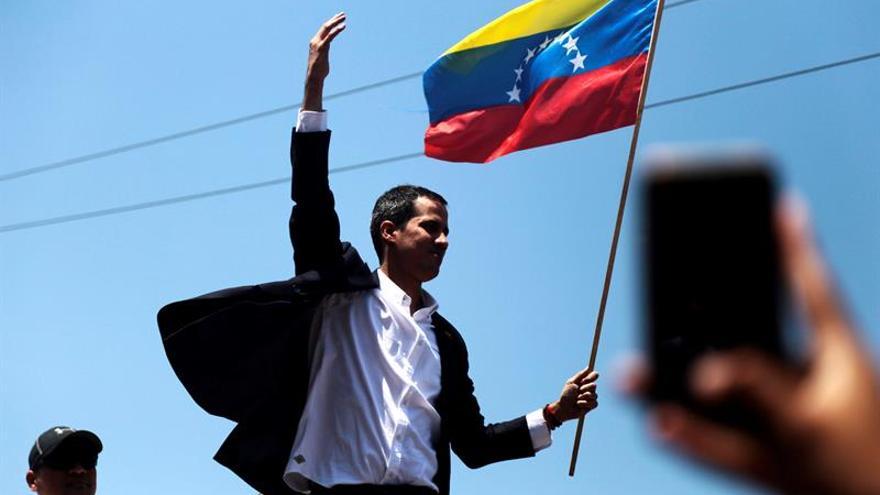
![]() 14ymedio, Carlos Alberto Montaner, Miami, 30 March 2019 — The United States will not intervene militarily in Venezuela. It is one thing to threaten and something very different to disembark troops. The country would have to feel itself in danger and that is not the case today. It has been brilliantly explained by Professor Frank Mora, former Assistant Secretary of Defense of the Western Hemisphere in the Obama Administration. Even several well-informed analysts like Andrés Oppenheimer and Jorge Riopedre have described it, with regret.
14ymedio, Carlos Alberto Montaner, Miami, 30 March 2019 — The United States will not intervene militarily in Venezuela. It is one thing to threaten and something very different to disembark troops. The country would have to feel itself in danger and that is not the case today. It has been brilliantly explained by Professor Frank Mora, former Assistant Secretary of Defense of the Western Hemisphere in the Obama Administration. Even several well-informed analysts like Andrés Oppenheimer and Jorge Riopedre have described it, with regret.
